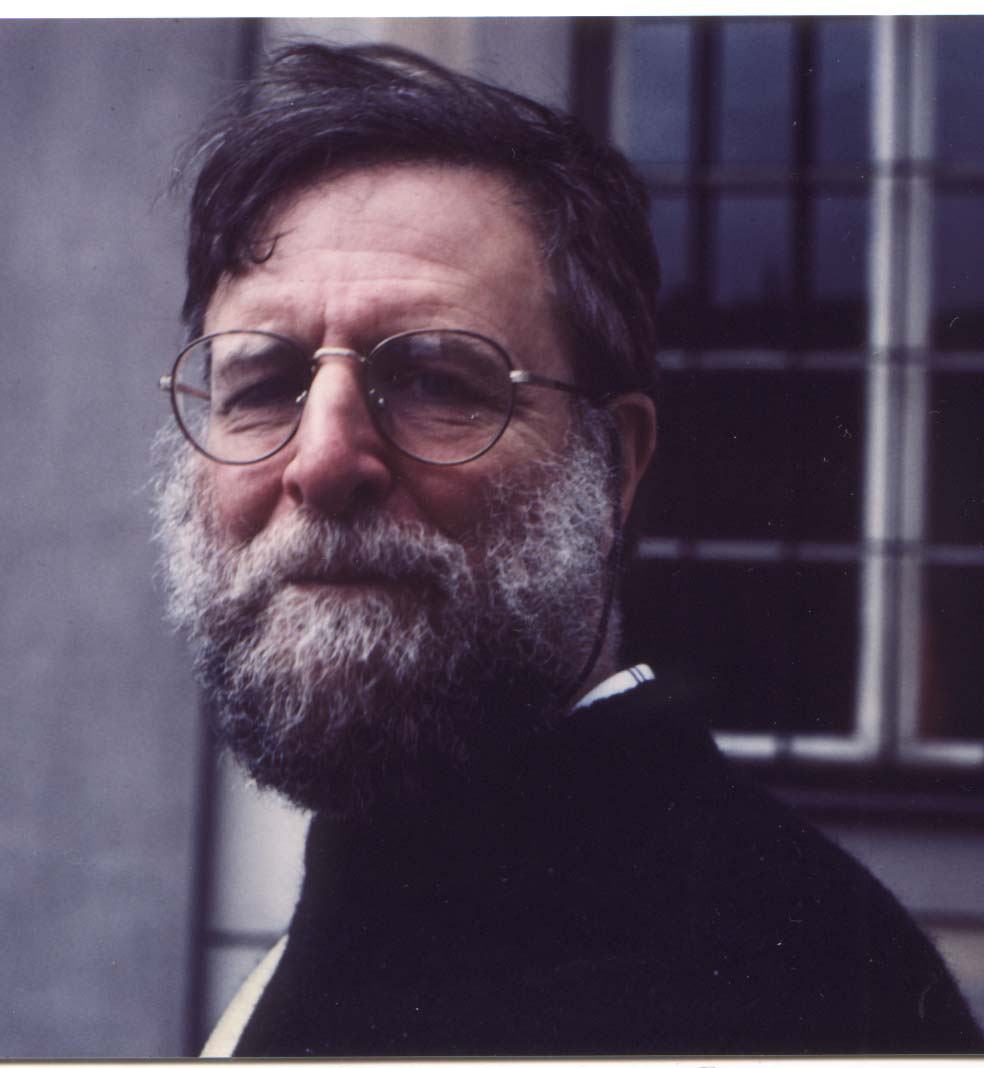Cass Sunstein is President Obama's Harvard Law School friend, and recently appointed Administrator of the White House Office of Information and Regulatory Affairs.
In a recent scholarly article, he and coauthor Adrian Vermeule take up the question of "Conspiracy Theories: Causes and Cures". (J. Political Philosophy, 7 (2009), 202-227). This is a man with the president's ear. This is a man who would process information and regulate things. What does he here propose?
[W]e suggest a distinctive tactic for breaking up the hard core of extremists who supply conspiracy theories: cognitive infiltration of extremist groups, whereby government agents or their allies (acting either virtually or in real space, and either openly or anonymously) will undermine the crippled epistemology of believers by planting doubts about the theories and stylized facts that circulate within such groups, thereby introducing beneficial cognitive diversity. (Page 219.)
Read this paragraph again. Unpack it. Work your way through the language and the intent. Imagine the application. What do we learn?
-- It is "extremists" who "supply" "conspiracy theories".
-- Their "hard core" must be "broken up" with distinctive tactics. What tactics?
-- "Infiltration" ("cognitive") of groups with questions about official explanations or obfuscations or lies. Who is to infiltrate?
-- "Government agents or their allies", virtually (i.e. on-line) or in "real-space" (as at meetings), and "either openly or anonymously", though "infiltration" would imply the latter. What will these agents do?
-- Undermine "crippled epistemology" -- one's theory and technique of knowledge. How will they do this?
-- By "planting doubts" which will "circulate". Will these doubts be beneficial?
-- Certainly. Because they will introduce "cognitive diversity".
Put into English, what Sunstein is proposing is government infiltration of groups opposing prevailing policy. Palestinian Liberation? 9/11 Truth? Anti-nuclear power? Stop the wars? End the Fed? Support Nader? Eat the Rich?
It's easy to destroy groups with "cognitive diversity". You just take up meeting time with arguments to the point where people don't come back. You make protest signs which alienate 90% of colleagues. You demand revolutionary violence from pacifist groups.
We expect such tactics from undercover cops, or FBI. There the agents are called "provocateurs" -- even if only "cognitive". One learns to smell or deal with them in a group, or recognize trolling online. But even suspicion or partial exposure can "sow uncertainty and distrust within conspiratorial groups [now conflated with conspiracy theory discussion groups] and among their members," and "raise the costs of organization and communication" -- which Sunstein applauds as "desirable". "[N]ew recruits will be suspect and participants in the group's virtual networks will doubt each other's bona fides." (p.225).
And are we now expected to applaud such tactics frankly proposed in a scholarly journal by a high-level presidential advisor?
The full text of a slightly earlier version of Sunstein's article is available for download here.
Got fascism?
In a recent scholarly article, he and coauthor Adrian Vermeule take up the question of "Conspiracy Theories: Causes and Cures". (J. Political Philosophy, 7 (2009), 202-227). This is a man with the president's ear. This is a man who would process information and regulate things. What does he here propose?
[W]e suggest a distinctive tactic for breaking up the hard core of extremists who supply conspiracy theories: cognitive infiltration of extremist groups, whereby government agents or their allies (acting either virtually or in real space, and either openly or anonymously) will undermine the crippled epistemology of believers by planting doubts about the theories and stylized facts that circulate within such groups, thereby introducing beneficial cognitive diversity. (Page 219.)
Read this paragraph again. Unpack it. Work your way through the language and the intent. Imagine the application. What do we learn?
-- Their "hard core" must be "broken up" with distinctive tactics. What tactics?
-- "Infiltration" ("cognitive") of groups with questions about official explanations or obfuscations or lies. Who is to infiltrate?
-- "Government agents or their allies", virtually (i.e. on-line) or in "real-space" (as at meetings), and "either openly or anonymously", though "infiltration" would imply the latter. What will these agents do?
-- Undermine "crippled epistemology" -- one's theory and technique of knowledge. How will they do this?
-- By "planting doubts" which will "circulate". Will these doubts be beneficial?
-- Certainly. Because they will introduce "cognitive diversity".
Put into English, what Sunstein is proposing is government infiltration of groups opposing prevailing policy. Palestinian Liberation? 9/11 Truth? Anti-nuclear power? Stop the wars? End the Fed? Support Nader? Eat the Rich?
It's easy to destroy groups with "cognitive diversity". You just take up meeting time with arguments to the point where people don't come back. You make protest signs which alienate 90% of colleagues. You demand revolutionary violence from pacifist groups.
We expect such tactics from undercover cops, or FBI. There the agents are called "provocateurs" -- even if only "cognitive". One learns to smell or deal with them in a group, or recognize trolling online. But even suspicion or partial exposure can "sow uncertainty and distrust within conspiratorial groups [now conflated with conspiracy theory discussion groups] and among their members," and "raise the costs of organization and communication" -- which Sunstein applauds as "desirable". "[N]ew recruits will be suspect and participants in the group's virtual networks will doubt each other's bona fides." (p.225).
And are we now expected to applaud such tactics frankly proposed in a scholarly journal by a high-level presidential advisor?
The full text of a slightly earlier version of Sunstein's article is available for download here.
Got fascism?





